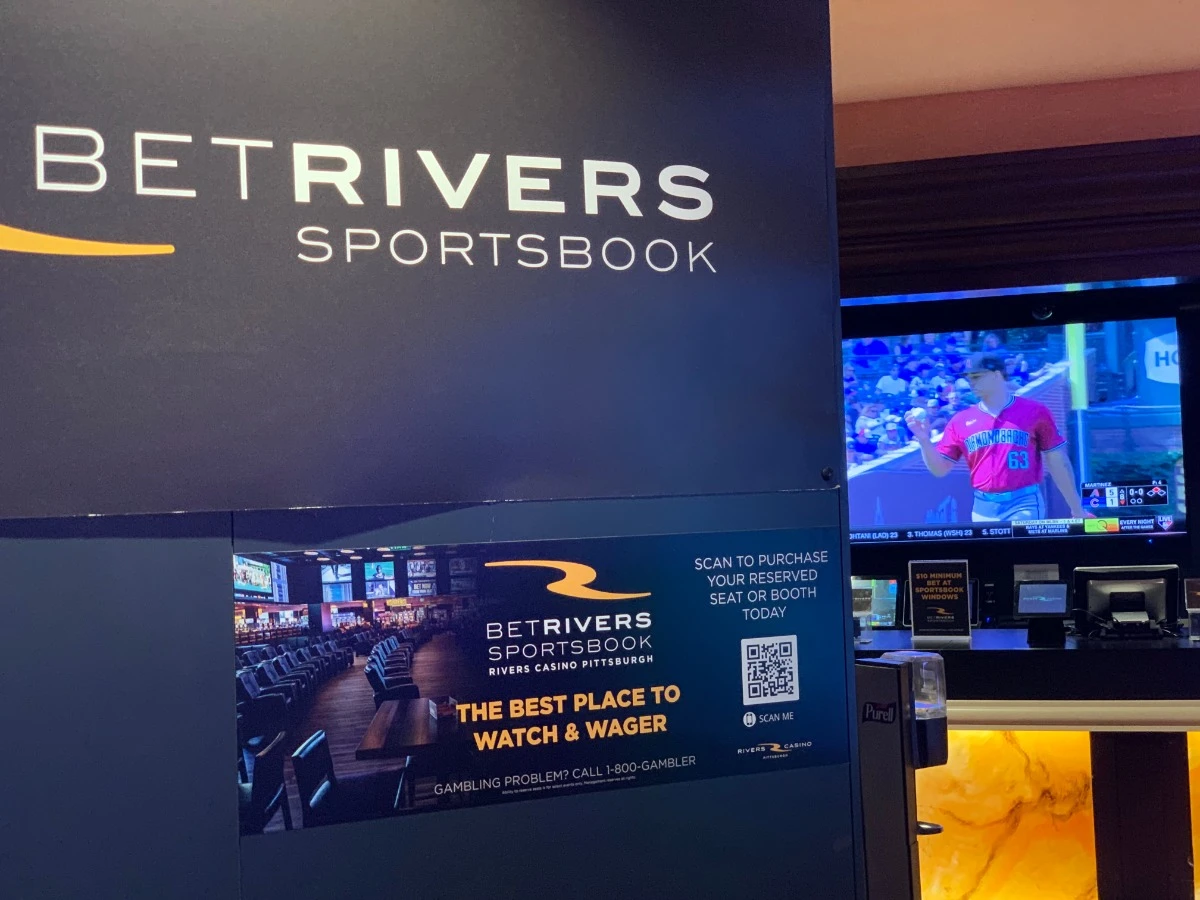Student athletes face new wave of harassment – how is the NCAA and the betting industry addressing the issue?

Dangers for student athletes range from integrity to the illegal betting market, to physical danger to athletes from bettors who lose individual player prop bets said panelists on Friday (19 July) at the NCLGS summer meeting in Pittsburgh.
The NCAA and NCLGS are banding together for a solution, said Clint Hangebrauck, the NCAA’s managing director of enterprise risk management. The two entities have formed a special committee on education to create draft legislation that can address protecting student athletes.
“We have drafted a model legislative framework that starts with really enforcing the unregulated market,” Hangebrauck said. He went on to say that the current situation presents a “clear and present danger to the safety and well-being of our student athletes”.
Wayne Kimmel, managing partner of SeventySix Capital, Todd Sandstedt, a sports consultant and former FBI agent and AGA senior director of government affairs Tres York were also on the panel.
The NCAA also is working with the American Gaming Association (AGA), “making sure the NCAA has a seat at the table in creating frameworks for sports betting”.
Exploring how to handle harassment
According to the panellists, including Hangebrauck, student athletes have been dealing with harassment from disgruntled bettors.
Lawmakers in several states, including West Virginia, Ohio and New Mexico, have already begun dealing with the problem. Those states have passed laws that ban anyone threatening athletes in relation to betting in those states. Other states are considering how to handle harassment.
Hangebrauck said the new committee also is working on ways sportsbooks can reduce player-specific prop betting. He called such betting like “putting a target on backs of athletes”.
Sandstedt noted he has been working at colleges and universities on what they need to be concerned about regarding sports betting. He said recent scandals at Northwestern University and Arizona State University revealed student athlete vulnerabilities concerning the integrity of games. There is an effort to let athletes know the NCAA has resources to deal with those issues.
York says the AGA is focused on preventing harassment of college athletes based on player-specific prop bets. Another priority is managing the easy accessibility to the illegal wagering market.
“When you have a legal, regulated market, the data and transparency and visibility it gives allows you to look for not only nefarious betting patterns, but to corroborate harassment,” York said.
Technology assist
Kimmel said Integrity Compliance 360 (IC360) is already providing solutions to many problems related to wagering on college athletics. SeventySix Capital has invested heavily in the technology company. IC360 is the result of a merger between former companies US Integrity and Odds On Compliance. The technology flags potential problems and shares compliance issues with other educational institutions.
In one case, “the operator was able to use the technology to identify the problem and report it to regulators and IC360, which shared the information with other institutions,” Hangebrauck said.
York praised the outcome of that reporting, which involved a retail sportsbook. “Employees were trained the right way and reported it to regulators and the NCAA,” he said. “We were able to resolve an issue that affected game integrity.”
Teaching athletes how to report issues
Sandstedt said he has worked with institutions in the Rocky Mountain region about the harassment of athletes after prop bets. He said he helped direct schools to a reporting apparatus on harassment incidents. “We discussed need to at least provide the reporting, so the regulator and law enforcement can take action,” he said.
He said the new committee is working to educate student athletes on communications infrastructure. “They have to know who they go to – coach, athletic director? If there is harassment, you can bring in the officials who can deal with it.”
